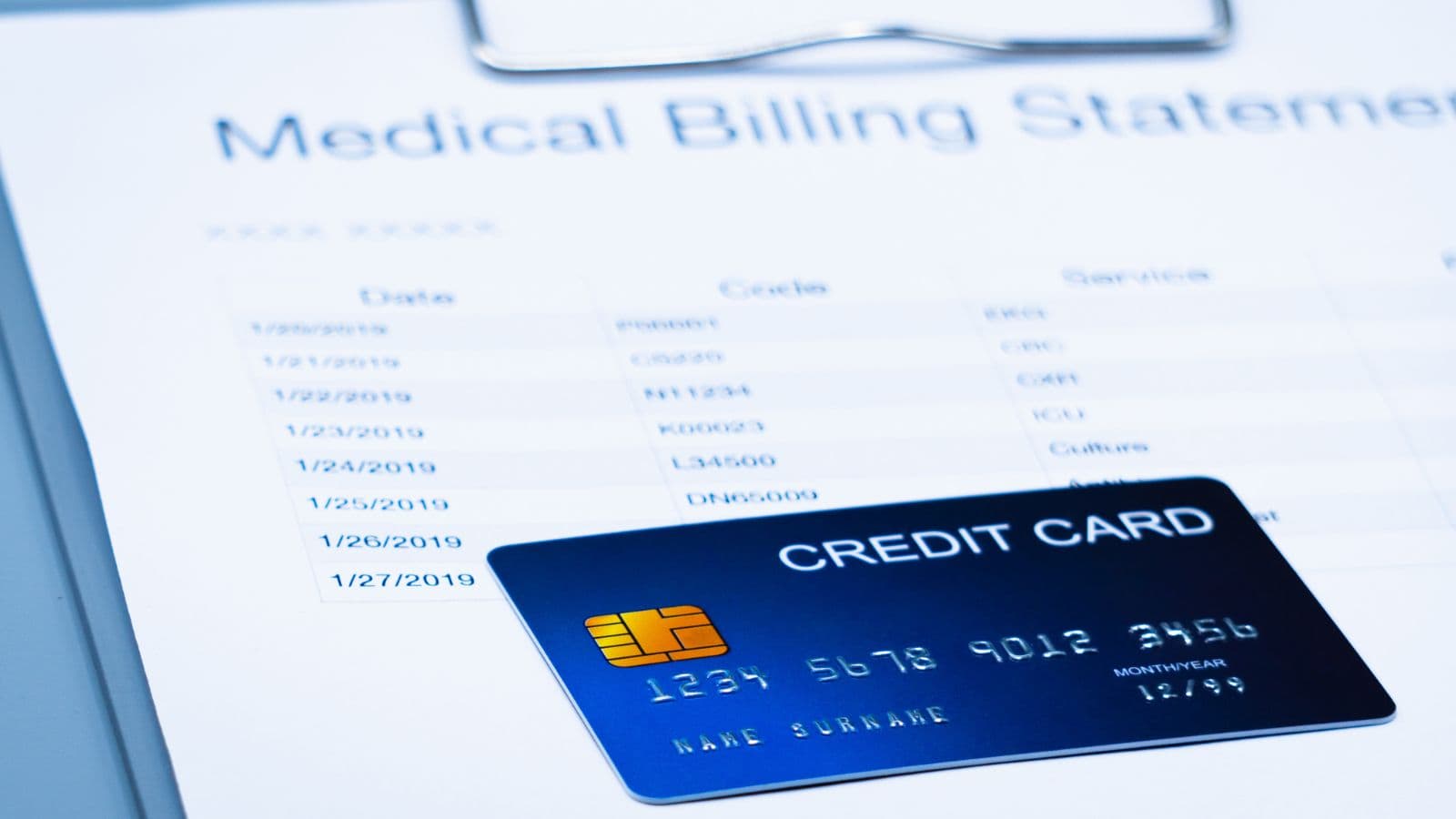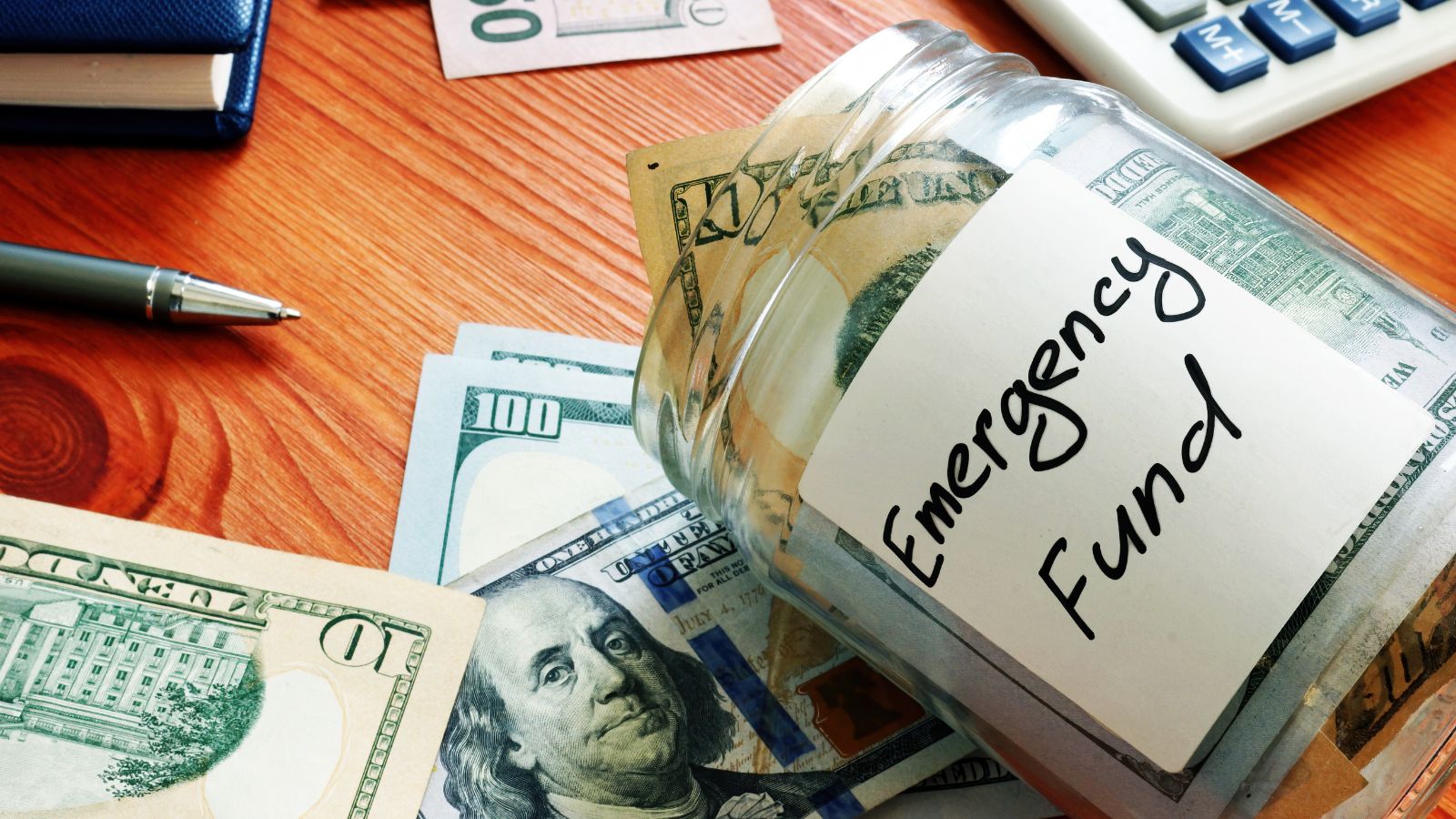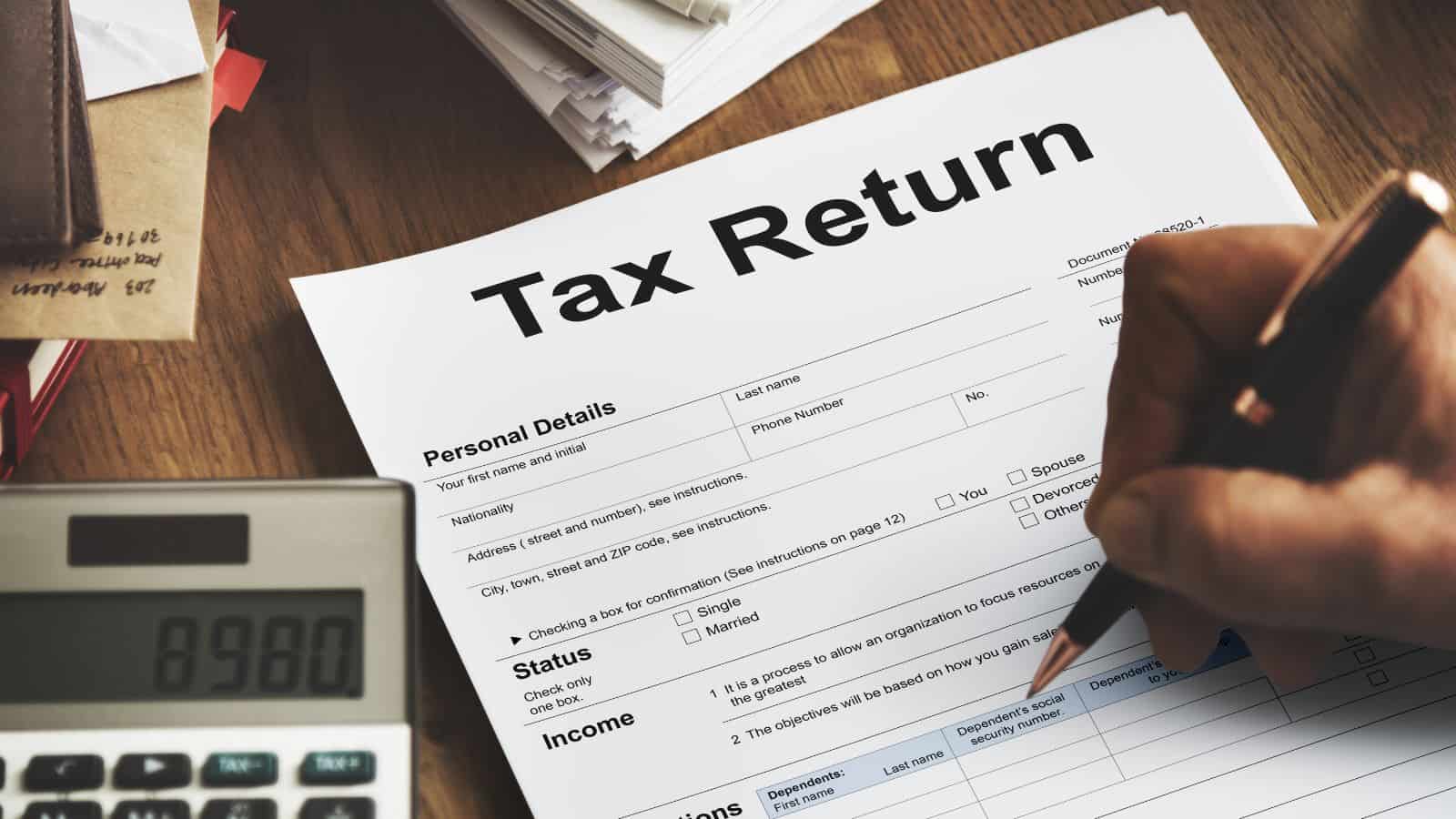Managing your finances isn’t just about major investments or big-ticket purchases. It’s the small, everyday decisions that often have the biggest long-term impact. Seemingly minor habits, like how you spend on coffee or manage subscriptions, can add up over time, shaping your financial health in ways you might not expect.
Here are the small decisions that can significantly influence your financial future.
Ignoring Budgeting

It might seem harmless to skip a budget, but it’s one of the most impactful financial missteps you can make. Without tracking your income and expenses, it’s easy to overspend and lose sight of your financial goals. A budget helps you plan for essentials, avoid debt, and save for the future. Even a simple monthly plan can make a big difference in building financial stability.
Carrying a Credit Card Balance

To pay only the minimum on your credit card each month might not seem like a big deal, but the interest adds up quickly. High-interest rates will turn small purchases into expensive debts over time because you end up paying far more than the original cost of your purchases.
Making it a priority to pay off your balance in full every month not only saves you money but also helps protect your credit score.
Ignoring Small Subscription Fees

Many people forget to cancel subscriptions they no longer use, allowing charges to quietly drain their accounts. A few dollars here and there for streaming services or app subscriptions might not seem like much, but they can snowball into a significant expense.
Reviewing your subscriptions regularly and canceling unnecessary ones will free up money for savings or other priorities.
Skipping an Emergency Fund

It’s important to build an emergency fund to avoid leaving you vulnerable to financial shocks. Without savings to fall back on, unexpected expenses like car repairs or medical bills can quickly lead to debt. Even putting aside small amounts regularly can grow into a safety net over time.
Choosing Cheap Over Quality

Always opting for the cheapest option might save money upfront, but it often costs more in the long run. Low-quality items wear out quickly, leading to frequent replacements. When buying appliances, clothing, and tools, investing in durable, well-made products will save you money over time.
Ignoring Retirement Savings Early

When you’re in your 20s or 30s, retirement seems a long way away, and putting away money may not seem that important. But every time you skip adding to your savings, it is a missed opportunity for your money to grow.
The power of compound interest means that even small contributions made early can multiply significantly over decades. Waiting too long to start saving means you’ll need to set aside much more later.
Overlooking the Power of Meal Planning

It may be convenient to eat out or rely on takeout, but it’s one of the fastest ways to drain your budget. Meal planning allows you to save money, reduce waste, and make healthier choices. By prepping meals at home and sticking to a grocery list, you can avoid impulse buys and costly restaurant bills.
Forgetting About Interest Rates

When borrowing money or using a credit card, it’s easy to overlook interest rates in favor of short-term convenience. High interest can turn a manageable payment into a long-term financial burden. Whether it’s a loan, credit card, or financing offer, understanding the interest rate helps you make informed decisions.
Skipping Regular Maintenance

If you ignore regular maintenance to save money, it will lead to expensive repairs down the road. Simple tasks like car oil changes, cleaning house gutters, or replacing air filters help prevent bigger issues from developing. Maintenance may seem like an unnecessary expense at the time, but it extends the life of your investments and avoids costly breakdowns.
Using Your Savings for Non-Essentials

Savings accounts are meant for emergencies or major goals, not impulse buys or short-term wants. Dipping into your savings for unnecessary purchases might not feel like a big deal at the time, but it undermines your financial stability.
Setting clear boundaries for when and how you’ll use your savings helps keep your financial goals on track. Building discipline around saving ensures you’re prepared for unexpected expenses.
Overlooking Employer Benefits

Take full advantage of the benefits your employer offers, such as 401(k) matching, health savings accounts, or tuition reimbursement. Skipping these opportunities leaves money on the table that could significantly improve your financial situation. Even small contributions to employer-sponsored plans add up over time.
Overusing Buy-Now-Pay-Later Options

Installment payment plans seem like a convenient way to afford things, but they encourage overspending, which can lead to financial strain. Before using buy-now-pay-later options, ask yourself if you truly need the item and can afford it upfront. It’s easy to lose track of multiple payments, especially when they’re spread across different purchases.
Relying Too Much on Tax Refunds

A large tax refund every year might feel like a financial windfall, but it means you’re giving the government an interest-free loan. Adjusting your withholdings to keep more of your income throughout the year can improve your cash flow. Using that money to pay down debt or invest allows you to grow your wealth sooner.
Skipping Insurance

It’s a huge risk to skip insurance coverage to save money. It will backfire badly if you’re faced with unexpected accidents or emergencies. Whether it’s health, auto, or renter’s insurance, coverage protects you from financial ruin in worst-case scenarios. Without insurance, even a minor incident can result in huge out-of-pocket expenses.
Comparing policies and finding affordable options ensures you’re covered without overspending. This small investment provides peace of mind and prevents potential financial disasters.
Not Shopping Around

Never accept the first price you see, whether for insurance, groceries, or electronics, because it will cost you over time. Many people miss opportunities to save simply by failing to compare prices or seek out discounts. Spending a few extra minutes researching options can lead to significant savings without sacrificing quality. From switching phone plans to finding coupons, small efforts to shop around will add up to big financial wins.
Ignoring Financial Education

Knowledge is one of the most powerful tools for avoiding costly mistakes and building lasting wealth. Skipping opportunities to learn about personal finance will limit your ability to make smart decisions. Understanding basic concepts like budgeting, investing, and credit management empowers you to take control of your money.
Even dedicating a little time each week to reading or listening to financial advice will improve your long-term financial health.
Not Tracking Small Expenses

Small purchases like coffee and snacks can sneak up on you if you’re not paying attention. Over time, these seemingly insignificant expenses can add up to hundreds or even thousands, of dollars a year. Tracking where your money goes, even for the small stuff, helps you identify patterns and areas where you can cut back.
